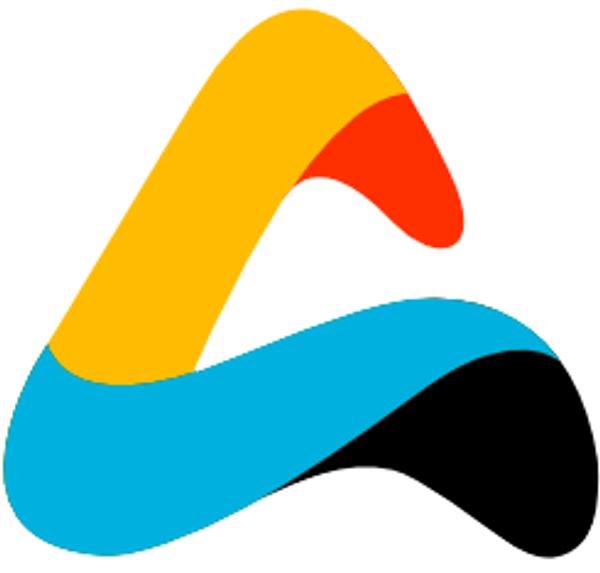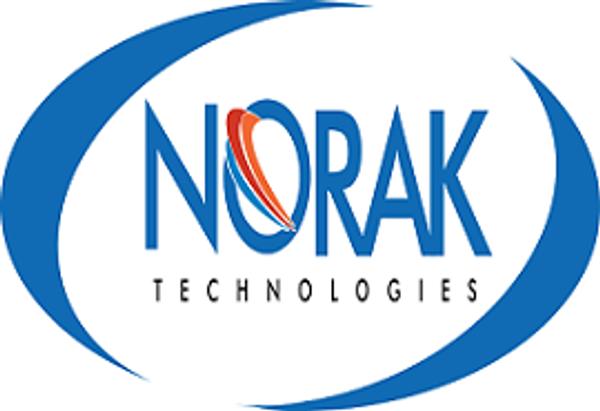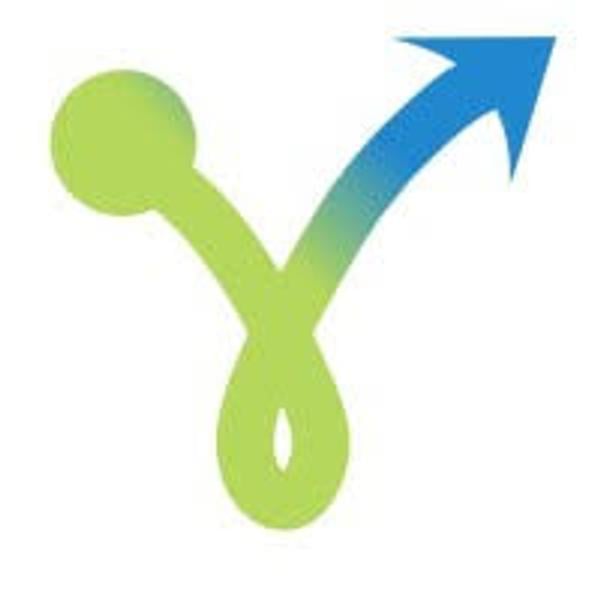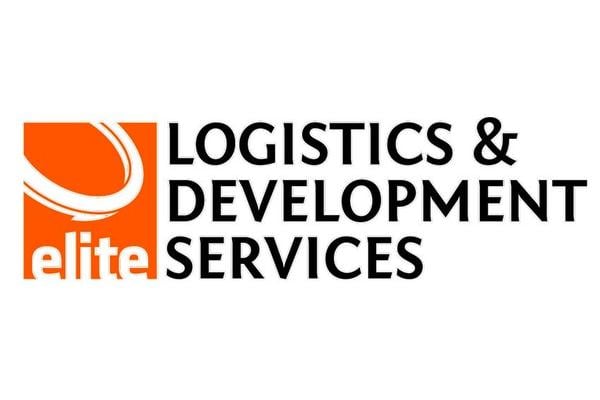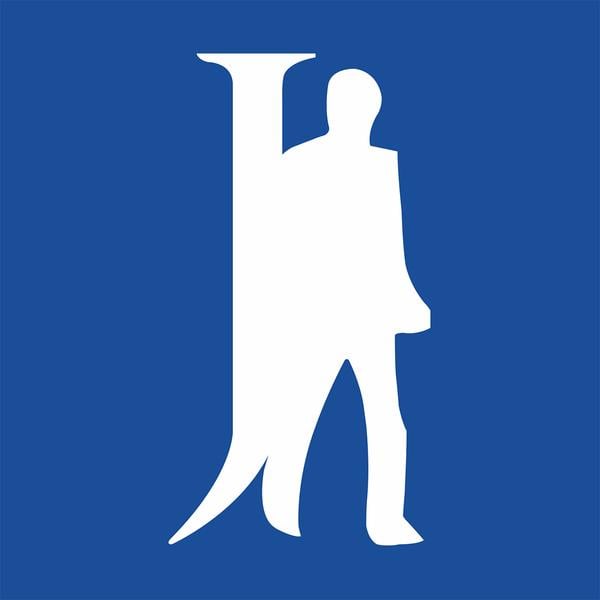Featured Jobs
Imagine Early years & Elementary
Job Function : Supply Chain & Procurement
2 weeks ago
We are searching for a well-organized Purchasing and Inventory Officer to join our growing team. As the purchasing officer, you will carry out all tasks allocated by the supervising manager, which may include conducting research on potential vendors and suppliers, inspecting goods, and updating records. You should be able to negotiate pricing a ...
Job Function : Marketing & Communications
Yesterday
We are seeking a Social Media Manager with proven experience in content development, branding, and online marketing using various social media channels to fill this position. The Manager will be primarily responsible for overseeing and managing the e-commerce department of the company with a significant online presence.
Job Function : Supply Chain & Procurement
Yesterday
We are looking for an effective Warehouse Manager to direct receiving, warehousing and distribution operations. You will oversee the efficient receipt, storage, value-adding servicing and dispatch of a wide variety of products. Ultimately, you should be able to ensure optimum productivity and that all warehouse processes are running smoothly.
Thornkez Concerns and Resources Limited
Job Function : Software & Data
Yesterday
E-direct.ng Essential Nigeria Limited
Job Function : Software & Data
2 days ago
We are seeking a talented and experienced UI/UX Designer to join our dynamic team also who is ready to work remotely, hybrid or full time. The ideal candidate will have a strong background in user interface and user experience design, with a keen eye for detail and a passion for creating intuitive and visually appealing digital experiences. The ...
This action will pause all job alerts. Are you sure?
Job Function : Software & Data
5 days ago
Checkoff Finance is a fast-growing consumer lender business that leverages internal and external technology platforms to deliver great customer experience. Our tech ecosystem consists of 3 middleware for Loan Origination, Investment and Payment Processing. Checkoff integrates its core application and middleware to several REST APIs. You'll play ...
Job Function : Software & Data
5 days ago
Job Function : Software & Data
6 days ago
Protomated, a Lagos-based no-code/low-code and business automation agency, is seeking an experienced and innovative No-Code/Low-Code Solutions Engineer to join our team. As a Solutions Engineer, you will play a crucial role in designing, developing, and implementing cutting-edge no-code/low-code applications and custom business automation solut ...
Job Function : Software & Data
6 days ago
We are looking for a Web and Mobile App developer who has a passion for software development and who is experienced with PHP. The applicant should be able to work closely with our developers to provide the necessary logic for web and mobile apps and also have a basic understanding of front-end development.
6 days ago
A Product Manager to spearhead the launch of new marketplace website & app. This person will play a pivotal role in product strategy, overseeing development, and ensuring a successful market launch. Ideal candidate will have a diverse skill set encompassing app development experience, concept and design proficiency, and developer capability. If ...
Job Function : Software & Data
1 week ago
Elite Logistics Development Services Limited
Job Function : Software & Data
1 week ago
We are seeking a skilled WordPress Website Developer to join our team. You will be responsible for creating and maintaining WordPress-based websites online with our in-house style. You will work closely with our design team to implement custom designs and ensure that our websites are visually appealing.
1 week ago
Are you a Web Developer with passion for crafting immersive and user-friendly digital experiences? Are you self-starting and able to work on your own initiative with minimal supervision? Ditcosoft Technologies Limited is looking to hire an experienced Web Developer to join the development team, bringing your expertise and creativity on board to ...
Job Function : Software & Data
1 week ago
We are seeking an experienced Front-End Developer with a strong proficiency in Vue.js to join our team. The ideal candidate should have a solid understanding of front-end development principles and be proficient in working with Vue.js, Laravel, PHP, and MySQL. This is a contract position with the possibility of becoming permanent after the prob ...
Job Function : Software & Data
1 week ago
A food service startup with a mission to serve customers’ favourites suited to their taste, health and class needs is seeking competent, entrepreneurial and innovative individuals for its food service marketplace project.
Job Function : Software & Data
1 week ago
Are you with a passion for driving digital innovation, Then you are coming to the right place Aifiwe Innovations. We are looking to hire a suitable candidate to fill this position
2 weeks ago
We are looking for a skilled Salesforce Developer with business process expertise. The candidate will be responsible for developing and customizing Salesforce applications, integrating third-party systems, and collaborating with stakeholders. The job requires strong communication- and problem-solving abilities, along with comprehensive understa ...
Job Function : Software & Data
1 week ago
As a Senior Data Analyst, you will lead the analysis of complex datasets, drive data-driven decision-making, and contribute to the design and maintenance of our database architecture. Leveraging your expertise in database architecture, cloud-based systems, and data analysis tools, you will play a key role in optimizing our debt recovery process.
Job Function : Software & Data
1 week ago
As a Senior API Developer, you will lead the development and integration of APIs to enhance our debt recovery services. Leveraging your expertise in Microsoft technologies, API development, and IT security, you will play a critical role in designing, implementing, and maintaining robust and secure APIs that align with our business objectives.
Stay Updated
Join our newsletter and get the latest job listings and career insights delivered straight to your inbox.
We care about the protection of your data. Read our privacy policy.







